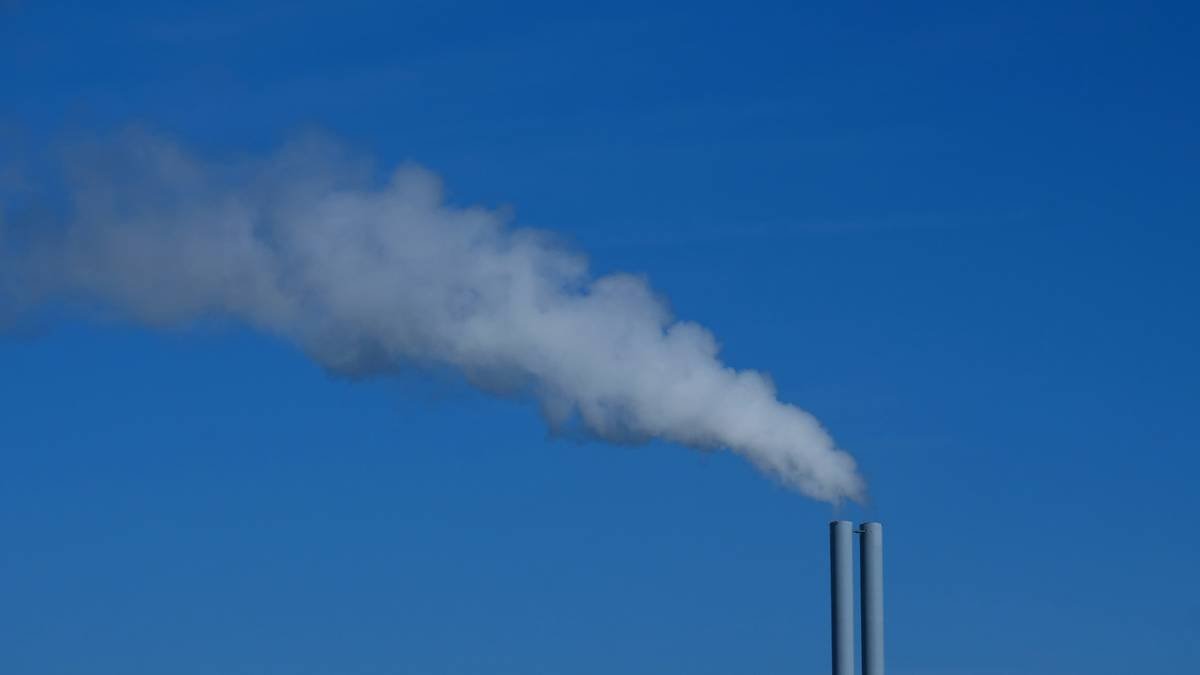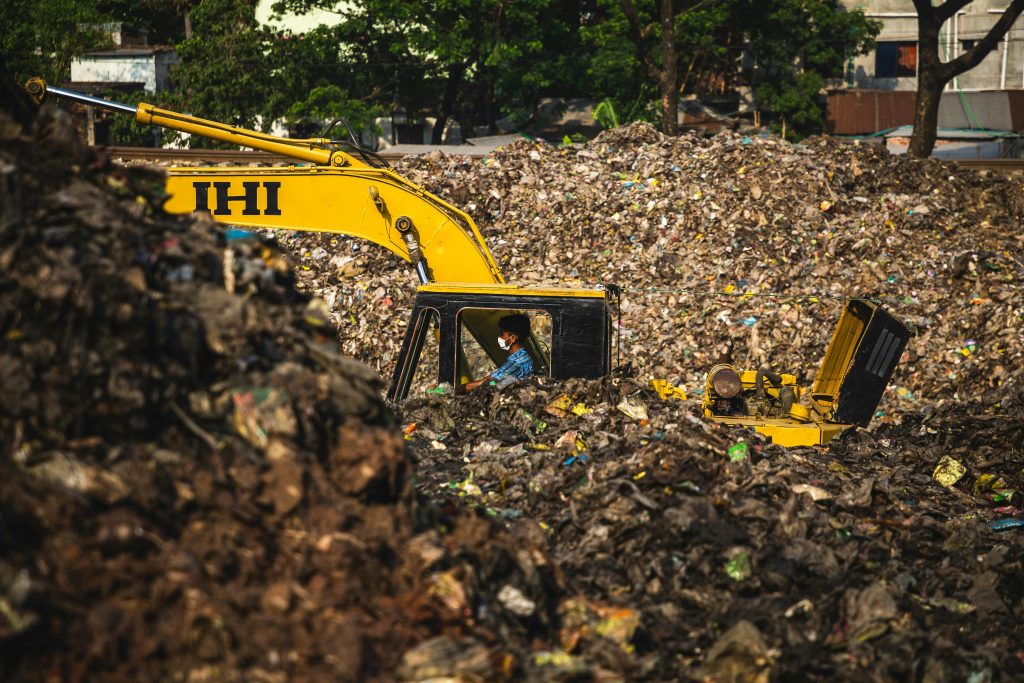Ever looked at your credit card statement after a home renovation project and thought, “Why does life hate me?” Turns out, if you’re not careful, poor air quality caused by violations could hit you where it hurts most—your finances. From unexpected fines to higher insurance premiums, the financial fallout of ignoring environmental rules is no joke. Let’s dive into how air quality violations affect your wallet and explore actionable steps to shield yourself from unnecessary costs.
Table of Contents
- Key Takeaways
- The Problem with Air Quality Violations
- Protecting Yourself from Costly Mistakes
- Tips to Avoid Fines and Premiums
- Real-Life Examples of Financial Fallout
- Frequently Asked Questions
Key Takeaways
- Air quality violations can lead to hefty fines and increased insurance costs.
- Environmental insurance can help mitigate risks associated with these violations.
- Taking proactive measures like regular maintenance and compliance audits saves money in the long run.
The Problem with Air Quality Violations

I once rented a dusty old warehouse for my first business venture. Rookie mistake alert: I didn’t realize industrial spaces often come with hidden liabilities. One day, an inspector showed up, fined us $5,000, and said something about volatile organic compounds (VOCs). Lesson learned? Ignorance isn’t bliss; it’s expensive.
Here’s why this matters:
- Fines Add Up Fast: Local governments are cracking down on violators, imposing penalties ranging from hundreds to tens of thousands of dollars.
- Higher Insurance Rates: Insurers aren’t exactly thrilled when they see red flags tied to bad air quality practices.
- Health Costs: Poor indoor air means more sick days—and fewer productive ones—for everyone involved.
Optimist You:* ‘There has to be a way out of this mess!’
Grumpy You:* ‘Yeah, unless you enjoy throwing away cash, maybe start caring sooner.’
Protecting Yourself from Costly Mistakes

So, what should you actually do? Here’s a step-by-step guide:
- Understand the Rules: Regulations vary by region, so get familiar with local mandates regarding pollutants like VOCs or particulate matter.
- Hire a Pro: Consultants specializing in environmental compliance can audit your property and suggest upgrades.
- Invest in Equipment: HEPA filters, proper ventilation systems, and eco-friendly cleaning products go a long way.
- Get Environmental Insurance: This coverage protects against claims related to pollution damage. Think of it as duct tape for your financial leaks.
Tips to Avoid Fines and Premiums
No time for fluff here. Follow these tips to stay ahead:
- Check Your HVAC System Regularly: Dirty vents sound like your laptop fan during tax season—not good.
- Keep Records: Documentation is king. Save permits, inspection reports, and invoices.
- Stay Updated: Regulations evolve faster than TikTok trends. Sign up for newsletters from environmental agencies.
- Terrible Tip Alert: Don’t DIY asbestos removal unless you want to star in a hazmat horror film.
Real-Life Examples of Financial Fallout
A small manufacturing plant in Ohio ignored its air filtration system for years. When regulators found dangerously high levels of toxins, the owner faced $20k in fines plus a 30% spike in liability insurance. A neighboring facility, however, invested early in green tech and enjoyed a 15% discount on premiums thanks to stellar compliance records. The difference? Smart choices versus costly neglect.
Frequently Asked Questions
What Are Common Causes of Air Quality Violations?
Poorly maintained equipment, improper waste disposal, and lack of employee training often trigger violations.
Can Credit Cards Help Pay for Environmental Compliance?
Some premium cards offer rewards points redeemable for tools or services that improve air quality, but watch those interest rates!
Is Environmental Insurance Worth It?
Absolutely. It shields you from legal battles, cleanup costs, and reputation damage—all stemming from poor air quality management.
Conclusion
To sum it all up, air quality violations can wreak havoc on both your health and finances. By understanding the risks, taking preventative action, and investing wisely in protections like environmental insurance, you can safeguard your future. Now go forth, breathe easy, and keep that wallet full!
Random Haiku:
Dusty air whispers, Your bank account cries out— Act now, save tomorrow.


